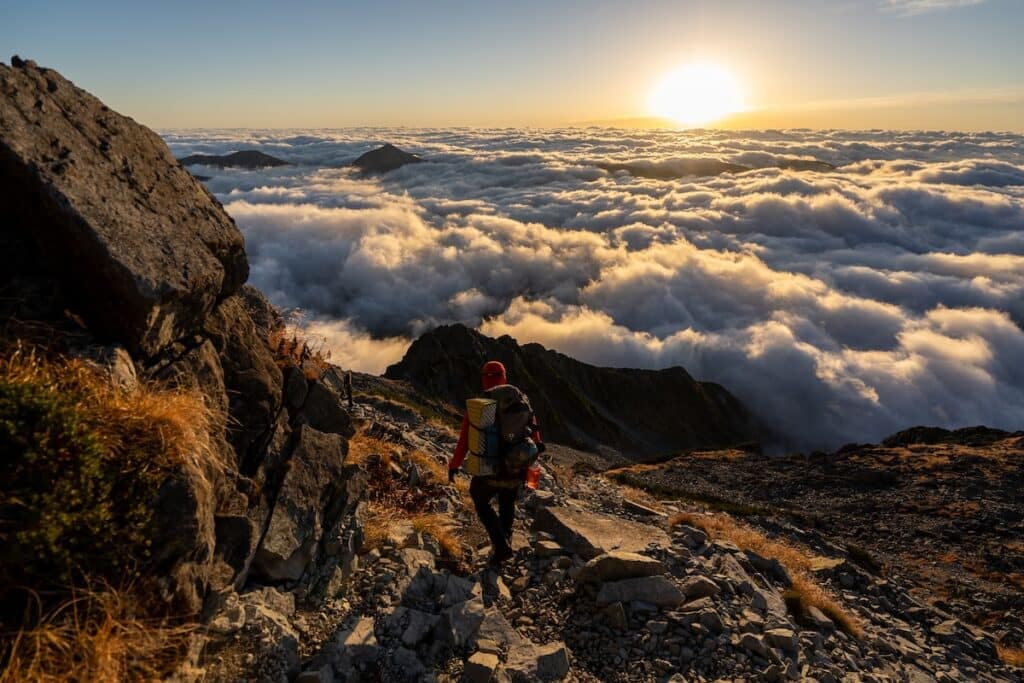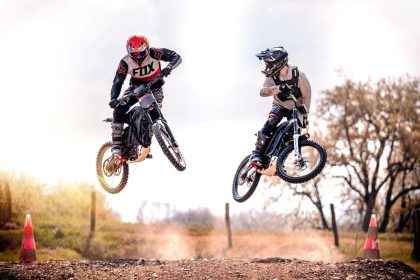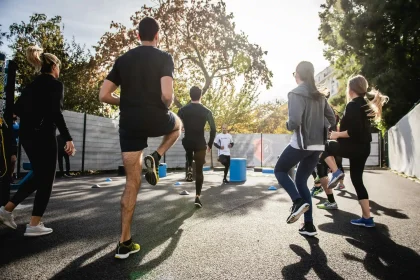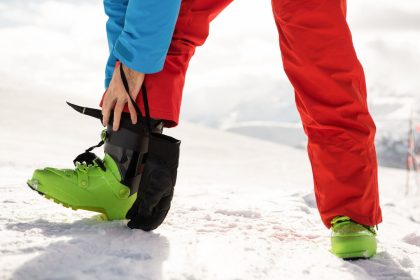Trekking isn’t just a sport — it’s a way of life. Whether you’re hiking along remote mountain trails or exploring national parks across Europe, Asia, or South America, trekking offers a unique opportunity to reconnect with nature, discover incredible landscapes, and challenge yourself physically and mentally. But before you lace up your boots and head for the hills, it’s essential to prepare properly — and that includes securing the right trekking insurance policy.
From high-altitude expeditions in Nepal to multi-day hiking trips across the Alps or Pyrenees, having an insurance plan that covers emergency medical expenses, helicopter rescue, trip cancellation, and delayed gear is key to staying safe on your journey.
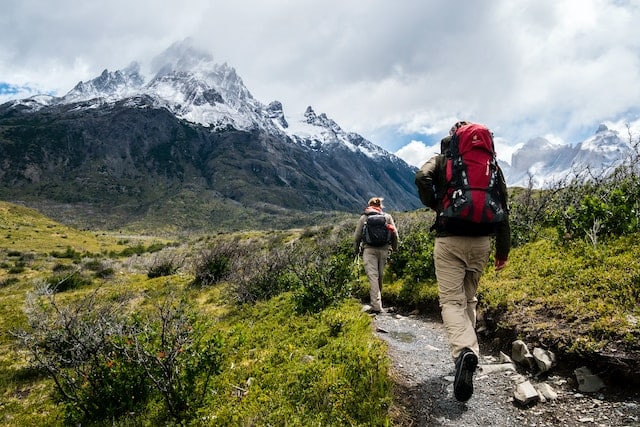
The Spirit of Trekking: Why Hikers Love the Path Less Travelled
There’s something deeply rewarding about venturing off the beaten path. Whether you’re walking solo or with a group, trekking and hiking allow you to discover unspoiled wilderness, immerse yourself in local cultures, and enjoy the satisfaction of pushing your own limits.
Trekking routes vary widely — from moderate day hikes across rolling hills to demanding treks above 5,000 metres. Trails like the GR10 across the Pyrenees, Scotland’s West Highland Way, or classic mountain treks in the Dolomites offer diverse terrain, changing weather conditions, and unforgettable views. Each activity is an invitation to slow down, breathe deeply, and experience the natural world in its purest form.
Why Adventure Hiking Requires Specialist Insurance
Every adventure trip comes with its share of risks — from altitude sickness, falls, and bad weather to lost equipment or delayed travel connections. Standard travel insurance often excludes these types of high-risk activities or limits the level of support provided. That’s why having dedicated trekking and hiking insurance is not just a recommendation — it’s a necessity.
At Assure Ton Sport, we offer trekking insurance coverage designed specifically for outdoor adventure sports. Our policies include:
- Medical expenses up to €150,000 for injuries including fractures, sprains, and conditions linked to altitude, fatigue, or dehydration.
- Full emergency evacuation and helicopter rescue cover, especially critical when trekking in high-altitude countries like Nepal, Peru, or Morocco.
- Repatriation services and trip interruption support, in case your adventure is cut short due to injury or illness.
- Financial protection for trip cancellation, lost baggage, or stolen hiking equipment, including personal gear and camping kits.
- 24/7 worldwide assistance, with a multilingual emergency line — wherever your trek takes you.
Whether you’re preparing for a base camp ascent, a long-distance trek, or a guided multi-day hike, our hiking insurance policies cover what you need, when you need it.
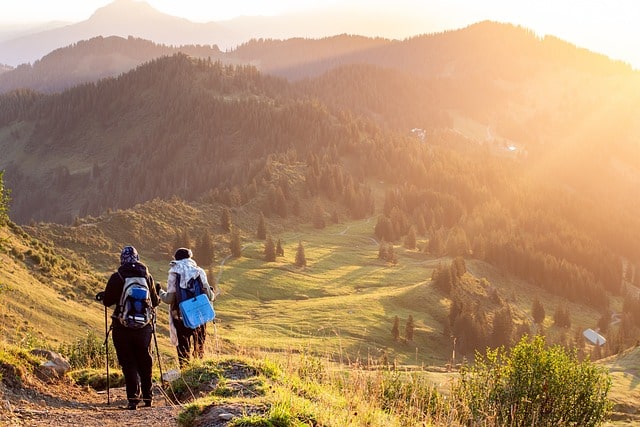
Planning Your Next Trekking Adventure
A successful trek starts long before you hit the trail. Research the country, check weather conditions, and assess your fitness level. Are you ready for a multi-day mountain hike with your full pack, or are you more comfortable with a lodge-based trek at lower altitudes?
Top trekking destinations in Europe include the GR20 in Corsica, the Tour du Mont Blanc, and the legendary Camino de Santiago. For the more daring, Patagonia, Annapurna, and Everest Base Camp offer high-risk, high-reward challenges. In these regions, an altitude-specific insurance policy is essential due to rescue costs and medical claim limits.
Don’t forget to pack smart. Essential trekking gear includes layered clothing for changing weather, high-volume backpacks, a first-aid kit, and enough food and water to sustain your days on the trail. Your trekking insurance should cover every activity you plan — whether you’re hiking solo, joining a group, or taking part in an organised tour.
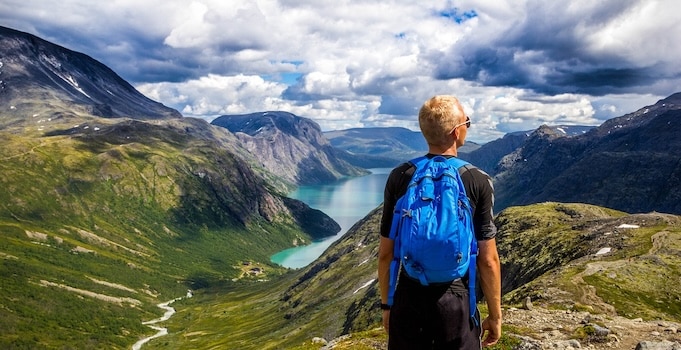
Interview with Jean-Paul Baizet: A Lifelong Trekker on the Importance of Insurance
We sat down with Jean-Paul Baizet, an experienced nomad and outdoor enthusiast who has walked hundreds of kilometres across multiple continents.
Why is trekking such a passion for you?
Trekking gives me freedom. It’s a way to disconnect from daily life, push my limits, and see the world differently. Each trail is a new challenge, but also a chance to discover peace and clarity.What advice would you give to new hikers?
Prepare properly — physically and mentally. But also, never underestimate the importance of a good hiking insurance policy. Things can go wrong quickly, especially in remote or high-altitude areas. Having trekking cover means you can walk with peace of mind
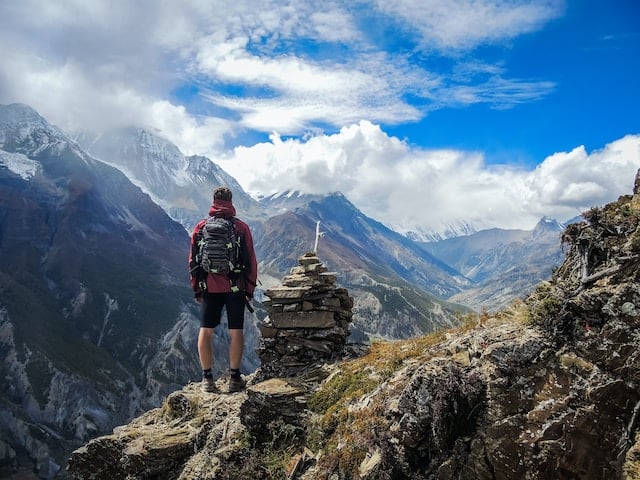
Explore the World on Foot — With Complete Peace of Mind
Whether you’re trekking across mountain ranges, hiking through forests, or heading to remote camps at over 3,000 metres, trekking is about freedom, adventure, and personal growth. But your safety should never be left to chance.
At Assure Ton Sport, we’re proud to offer some of the best trekking insurance options in Europe and the UK — with transparent policies and expert support. Our plans are built for adventure travellers, digital nomads, backpackers, and outdoor lovers. We know what trekking trips demand — and our coverage delivers.
Get a quote in minutes, compare policy options, and choose the travel insurance that fits your journey — whether it’s a weekend in the Lake District or three weeks in the Himalayas.
